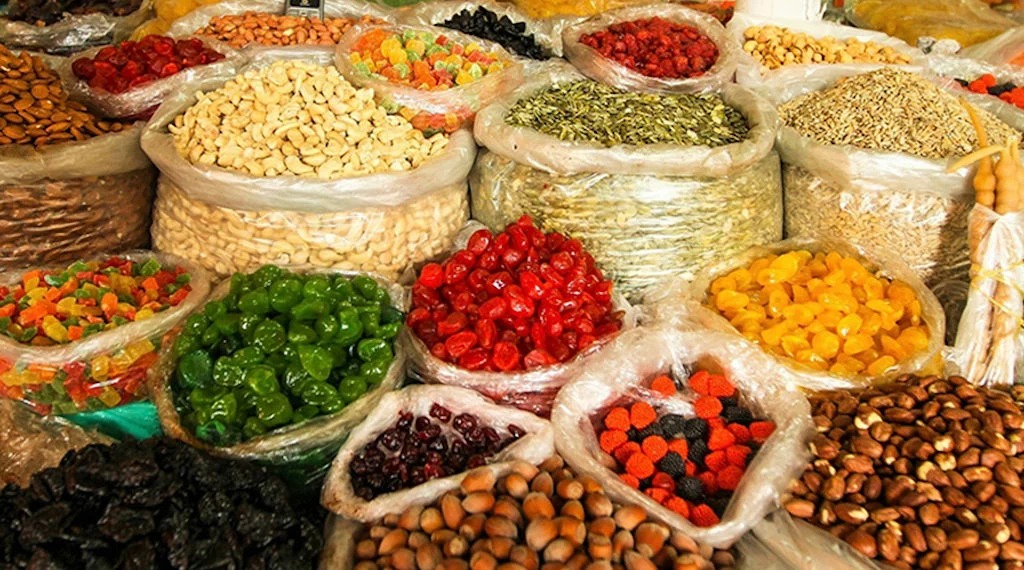Food prices in Nigeria have been steadily decreasing, bringing some relief to consumers.
Recent surveys from major cities, including Lagos, show significant price drops in staple food items.
For instance, a 50kg bag of long-grain foreign rice, which was previously priced between N95,000 and N100,000 last year, is now available for N82,000 to N85,000.
Similarly, the cost of short-grain rice has fallen from N80,000 to N90,000 to around N65,000 to N67,000.
Local parboiled rice, which was selling for as much as N100,000, now costs about N89,000.
Yam, which saw its prices soar last year, is also becoming more affordable. A tuber of yam that was priced at N7,000 last year now costs N3,000.
Garri has experienced similar price reductions, with the price of a paint bucket of yellow garri dropping from N4,000 to N3,000 in Lagos.
In Enugu, the prices for yellow and white garri are also lower than before.
Beans, a major protein source, had surged in price earlier, with a D’Rica cup costing as much as N2,500.
However, prices have since dropped to between N1,000 and N1,400, depending on the variety.
Other food items, such as millet, guinea corn, and soya beans, have also seen price reductions.
The cost of maize has decreased, with a 4-litre paint cup of dry yellow corn now selling for N3,000, down from N3,500 last year.
Groundnut prices have also dropped slightly, with a 4-litre paint bucket now selling for N7,200.
Tomato prices, which had skyrocketed to as high as N120,000 per basket last year, have now stabilized between N23,000 and N27,000 for a big crate.
Other items, like semovita and semolina, remain relatively high, with prices around N16,000 for a 10kg bag.
However, vegetable cooking oil prices are still elevated.
While the cost of a 25-litre container of Kings vegetable oil rose to N95,000 last year, it is now priced at N82,000, with Terra oil selling for around N80,000.
While the price reductions are a welcome relief, many Nigerians, particularly low-income earners, are calling for further reductions to pre-subsidy removal levels and for a broader decrease across all food products.
Citizens like Chinwe Okezie suggest that the government should provide more support for farmers and open up the borders to allow for cheaper imports.
Some consumers, like Titilayo Adewunmi, have expressed their relief at the drop in prices, especially for beans and garri, which has improved their family’s diet.




















